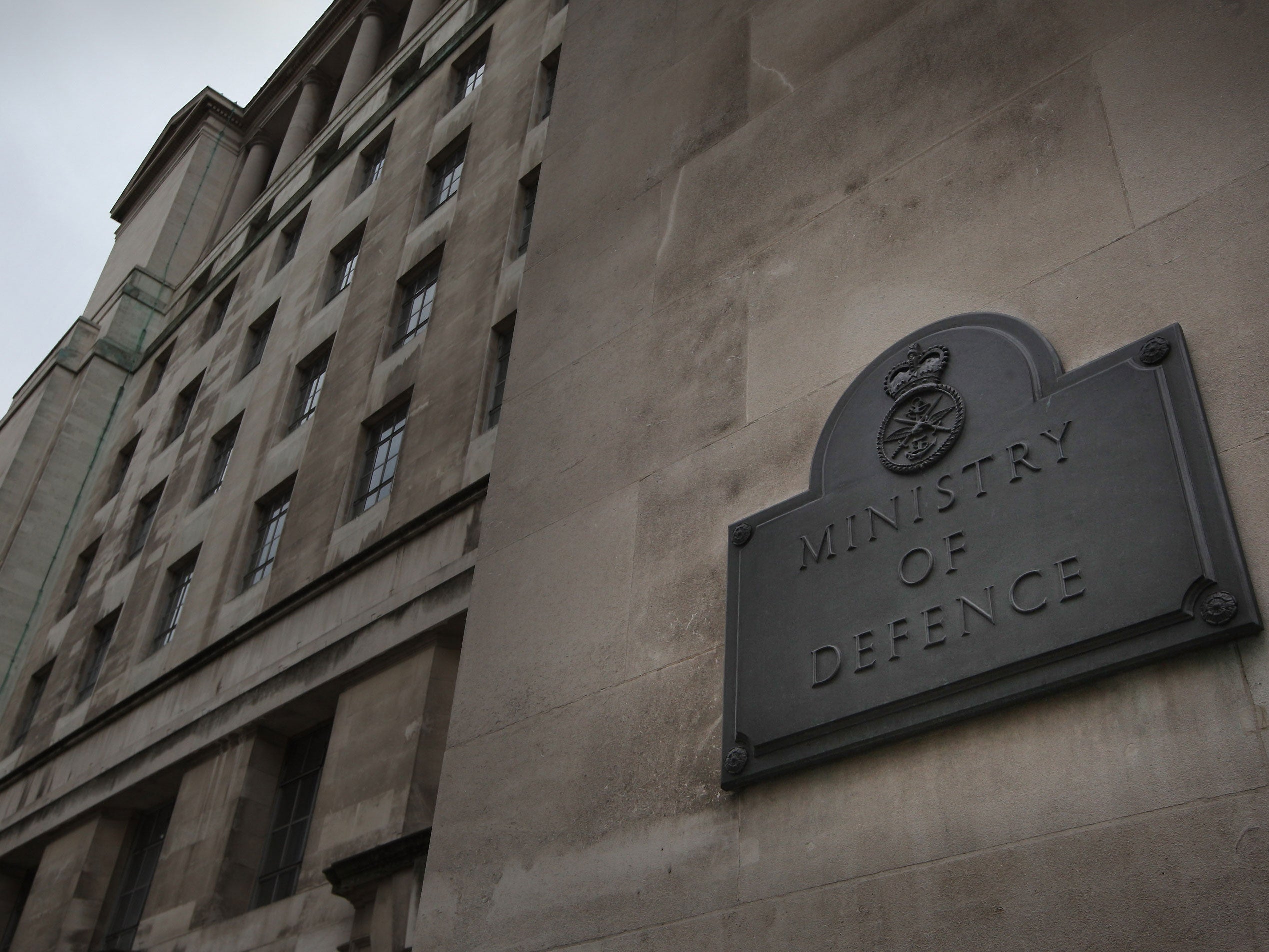Government decision to privatise thousands of military families' homes cost taxpayer up to £4.2bn, spending watchdog says
Private company has made 'significant' income from properties that would otherwise have been public assets, National Audit Office finds

Your support helps us to tell the story
From reproductive rights to climate change to Big Tech, The Independent is on the ground when the story is developing. Whether it's investigating the financials of Elon Musk's pro-Trump PAC or producing our latest documentary, 'The A Word', which shines a light on the American women fighting for reproductive rights, we know how important it is to parse out the facts from the messaging.
At such a critical moment in US history, we need reporters on the ground. Your donation allows us to keep sending journalists to speak to both sides of the story.
The Independent is trusted by Americans across the entire political spectrum. And unlike many other quality news outlets, we choose not to lock Americans out of our reporting and analysis with paywalls. We believe quality journalism should be available to everyone, paid for by those who can afford it.
Your support makes all the difference.The Ministry of Defence's privatisation of tens of thousands of military families’ homes has cost the taxpayer billions of pounds, according to the government spending watchdog.
The National Audit Office said the policy of selling off more than 55,000 military homes to a private company and then leasing them back had cost up to £4.2bn, because the properties are now worth significantly more than when they were sold.
The decision to sell the homes was made by John Major’s government in 1996. The private company, Annington Property Limited, paid £1.66bn for the properties, which are spread across 770 sites.
The MoD continues to rent back most of the homes and is paying £178m a year to do so, according to the NAO.
The watchdog said MoD assumptions in 1996 about the future value of the properties were “over-cautious”, although it accepted that the significant house price rise in recent years could not have been foreseen.
When it sold off the properties, the MoD assumed house prices would increase by 1 per cent per year, excluding inflation. The actual figure has been 3.9 per cent.
Sir Amyas Morse, head of the National Audit Office, said the sale and leaseback deal was "based upon pessimistic views of the future growth in property values".
He said the MoD could have seen an even bigger return if it were not for the fact that “rents charged to the military families who lived there were restricted for the first 20 years".
"This has cost the public sector a great deal in capital growth, and it has been a great deal for the landlord," Mr Morse said.
"In 2021 the period of restricted rents is over. The question is now whether the landlord will get a very large rent increase on top of the very substantial capital gains they have already received."
The NAO said the income Annington Property Limited has generated from the homes has been "significant".
The MoD wants rents to fall when restrictions are lifted in 2021, but Annington is looking for a rise of £84m a year, the NAO said.
The watchdog said the MoD needed to be better prepared for renegotiating the deal in 2021.
"Many billions of pounds are at stake, and were the department not to be ready when detailed negotiations start it could sacrifice very significant public value,” it said.
The report's findings come amid a £20bn black hole in the defence budget over the next 10 years, and widespread speculation of cuts to personnel and equipment in a bid to try to save money.
Meg Hillier, chair of the Public Accounts Committee, said the sale of the 55,000 homes has "turned out to be a rotten deal for the taxpayer".
"There is a risk that when rents come up for renewal the next deal will be even worse," she added.
The NAO also found that the MoD is paying millions of pounds in rent on properties that are empty.
"In April 2017 the department was continuing to pay rent on 7,259 empty Annington properties,” it said. “If these properties remained empty for the whole year, the department would pay over £30m in maintenance and rent on them.”
Labour said the report was a “a damning indictment of the Conservatives’ decision to privatise the housing of service personnel and their families”.
Nia Griffith, the party’s Shadow Defence Secretary, said: “At the time they ignored repeated warnings that this sell-off of public assets would not deliver value for money, and now we learn that this dodgy deal may have cost the taxpayer up to £4.2bn.
“At a time when the defence budget is under severe pressure, with cuts to Armed Forces personnel and equipment looming, this level of waste beggars belief.
“This has left us in the ridiculous position where the Government now rents back the same accommodation at increased cost, and the MoD will be held over a barrel if the company demands costly rent rises in future.
“This is a classic example of putting an ideological belief in privatisation above the wellbeing of service members and their families. It is time that we ended the racket of outsourcing and delivered solut
ions that benefit both taxpayers and Forces personnel.”
An MoD spokesman said: "The NAO supported the Annington deal in 1997 and is clear that the surge in house prices could not have been predicted.
"We have a team working on renegotiating the deal, and believe that rent prices should continue to fall to secure value for money for taxpayers.”
Additional reporting by agencies.
Join our commenting forum
Join thought-provoking conversations, follow other Independent readers and see their replies
Comments